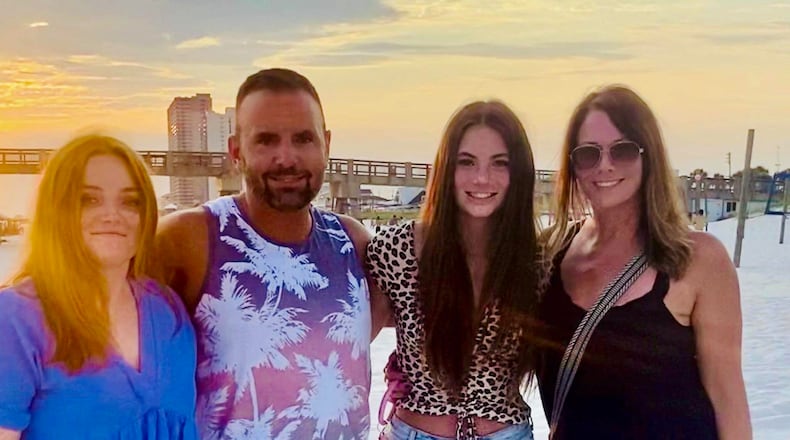A judge ruled in November that Marlow was currently incompetent to stand trial, but could be able to be restored to competency. Marlow is being treated at Summit Behavioral Healthcare in Cincinnati and is to be returned to the Montgomery County Jail once he’s able to understand the court proceedings against him and can help his defense, according to court records.
“We’re obviously really disappointed in the decision. We strongly disagree with the opinions from the doctors saying he is incompetent,” Anderson said Wednesday, noting he feels Marlow has shown signs that he is adequately competent to help with his defense.
“He clearly exhibited many behaviors showing he can cooperate with his lawyers and assist in his trial,” he continued. “While he’s clearly a very sick and mentally deranged person, that doesn’t mean he’s unable to stand trial.”
Marlow’s defense first filed a not guilty by reason of insanity plea last December, and requested a mental competency and serious mental illness evaluation, court records show. He was ultimately ruled “incompetent but restorable” on Nov. 29 by Montgomery County Common Pleas Judge Dennis Adkins, following multiple competency opinions.
While at Summit Behavioral Healthcare, Marlow will receive treatment, including any necessary medications, to restore him to competency to stand trial.
A report due from the facility on May 29, 2024, will indicate whether Marlow remains unable to understand the proceedings or help his defense. If so, the report will also state whether it’s believed further treatment could restore him to competency within the statutory time limits.
Anderson said he is dismayed that a trial has again been delayed, further postponing any sense of justice and closure for his family, which includes his eldest daughter, 18-year-old Olivia.
“We’re 16 months out and have to wait up to another six months now for the next step, and this is all before any trial has even started,” he said.
Anderson said he and his loved ones draw comfort from God while navigating the slow-moving court system, which can make the process of healing all the more difficult.
“We’re still relying on our faith to get us through the never-ending healing journey,” he said. “But every step of this legal process rips some of the scab off of the wound.”
About the Author


